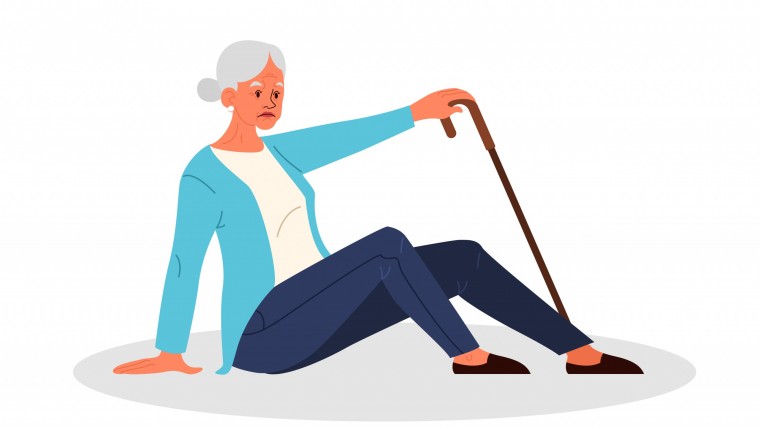By: The housing counsellors at Résidences Québec
Alzheimer’s can be a cruel disease with an unpredictable outcome. Overnight, our loved ones can suddenly forget who they are, where they live, the names of their children, their profession and little things that were a part of their identities and made them who they were for so many years.
One morning out of nowhere, they no longer recognize us. Testimonials from families with a loved one who suffers from Alzheimer’s are unanimous about the intense feeling of sadness they experience when they find themselves with a loved one who suddenly forgets their name, their face, their shared history, things they experienced together…but yet they’re sitting right in front of you! But they are now just a reflection of who they once were because of the grip of this terrible disease.
-“I would have liked to tell my Mom, “thank you.”
For the health specialist, caregiver or spouse of a person suffering from Alzheimer’s disease, there is no way of knowing when our loved one’s lucidity or full awareness will disappear for good.
Michel, our interviewee who is using an alias to remain anonymous, cried during our first interview. He told us about how his mother is still alive but it’s like she disappeared. She stopped calling him by his name last week and seems to now be living in a past where Michel hasn’t been born yet. Michel explains that his mother vanished. She is gone forever. The illness got the better of her. I look at Michel’s mother in front of me, sitting on a chair close to the window, looking in the distance with a smile on her face. She no longer understands what we’re saying. She seems at peace and quite happy, stuck in a memory that became her reality.
Michel is hurting. He explains how he would have liked to hug his mother once more to feel the love they once had. He would have told her that he loves her and she would understand his sentiment. That he’s grateful for everything she did for him and that he’ll never forget her. He’s devastated because the disease stole his opportunity to tell her those things in the space of a single day. He lives in the hopes of a breakthrough of lucidity but it’s sadly in vain.
Saying goodbye
Is your loved one suffering from Alzheimer’s disease or some other cognitive loss? Are you keeping someone company who you know may lose their sense of reality soon but it’s impossible to know when that will be? Is your loved one at the end of their life and you dread the thought of this being the last time you will see them? We would like to share this important message with you: don’t wait to tell your loved ones that you love and care about them. That you appreciate everything they did for you. That you’re sorry for things you may have done in the past.
When a loved one is showing signs of losing their autonomy quickly and unpredictably, we have provided five phrases that social workers that work with people nearing the end of life recommend saying. These important phrases are easy to slip into a moment of lucidity or even a conversation. They can seem like difficult and serious things to say, but spoken simply, sincerely and lovingly, they will help maintain an emotional relationship with your ill loved one and you will have said goodbye in a meaningful way to a person that may forget or have left you the next day.
| Restorative phrases to help you say goodbye
-I love you -Thank you -I’m sorry -I forgive you -I will never forget you -Goodbye/Farewell (according to your beliefs) ❖❖❖ |
There is nothing easy about grieving when a loved one passes, but saying these things out loud will help you appreciate the relationship you have with the person. This emotional memory will endure and will leave you with a positive memory that you can think back on at every visit. The emotional memory and the feelings we share are larger than any cognitive losses that are being felt. According to specialists in the field of neuropsychology who conducted recent studies on this subject, cognitive abilities can disintegrate but the emotional memory remains intact. So take the time to tell your lucid loved one these important things.
Don’t forget that emotions are contagious. Even though you’re overwhelmed with sadness, as a natural caregiver, try to channel your sadness or grief by participating in support groups or in therapeutic activities. Make the most of your time with your loved one to share pleasant stories that will turn into happy memories. Though their spirit is far, those living with Alzheimer’s are still alive. Share a happy moment with them. It’s never too late to give love or be loved.
Need help?
Contact a residence advisor to help you in your search for a residence
844 422-2555
Service free of charge for beneficiaries
Member of ACHQ
Need help?
Contact a qualified residence advisor for help with your search and accompany you until the signing of your lease for FREE.
Our assistance service for the elderly is FREE*
844 422-2555
* Our residence advisors are paid by the network of private residences in Quebec certified by the Ministry of Health and Social Services.




